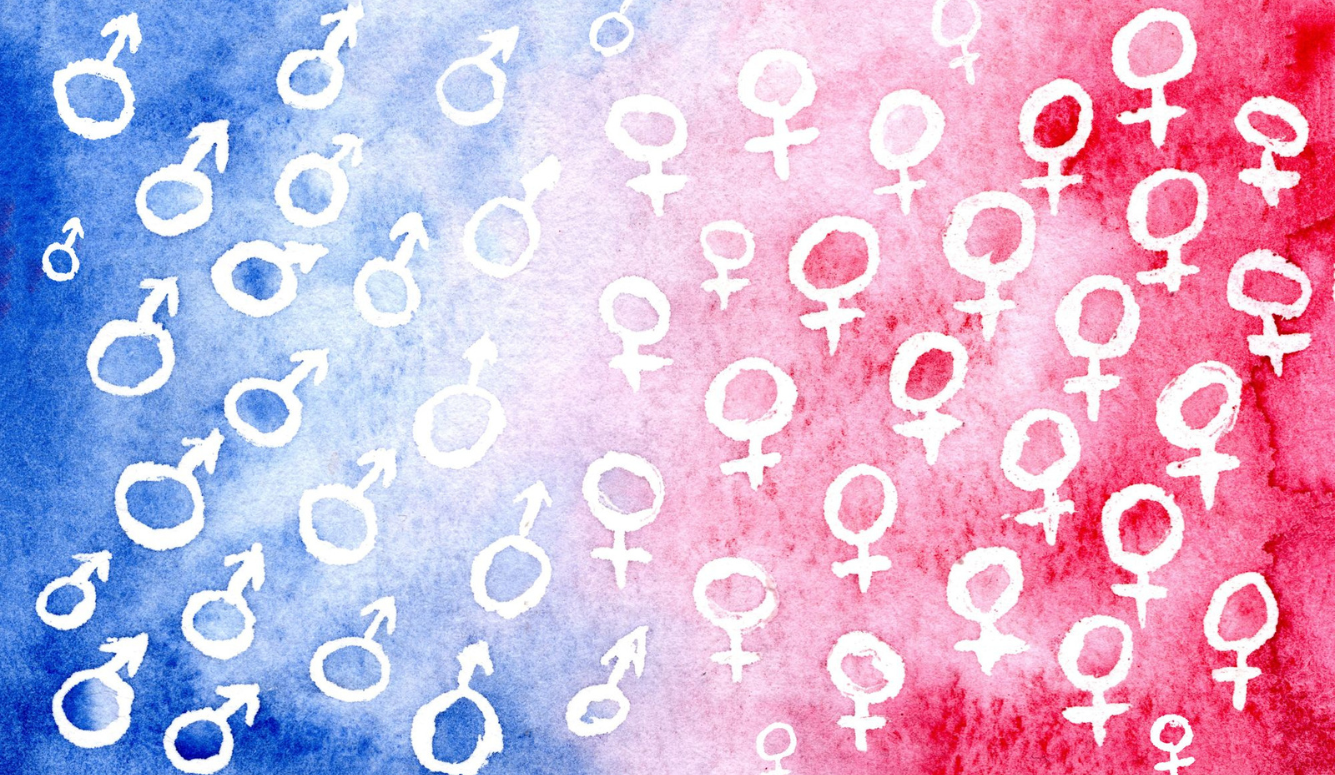Some of each. I replied to this comment:
This is an opinion rather than a fact, because statistical information can be selectively chosen to prove your statement both true and false. If all communication was precise, explicit and complete, we would need a lot fewer lawyers.
How success in academics is measured is the variable. Statistics can verify that a majority of new college graduates are female, or that the female group scored X% higher marks on the standardized and/ or the subjective portion of marks allotted by teachers.
The begged question is "what is the primary goal of obtaining a college diploma?". If one's answer is 'To get higher marks than most or all of the male students', 'to become an expert in my chosen field of study', or 'to be able to place letters after my name on a resume', women are doing better than men in academics. Many of them have degrees in the Humanities/ Social Sciences discipline, which traditionally is useful in obtaining employment paid on a scale well below the National mean.
If the primary goal is to have significantly higher career earnings than a high school graduate, or as a prerequisite for consideration for positions which pay above the mean, it could be either of those two genders for current or recent data, but historically, men win this one by a huge margin.
Given the earning potential in certain skilled trades, (plumber, electrician, etc.), it's likely that the true average, (ie: total income divided by the head count), earnings for men without a college degree are much higher than their female counterparts.
If the statistical statement is based solely on current data, the results could be explained by the prior education of both biological gender groups. The men in this statistic would have been receiving a 'feminized' education prior to the comparison date. The statistical difference could be explained by 'women are better at thinking like women than most men are'. It can also mean that the current crop of young men are sad sacks when compared to their predecessors.










